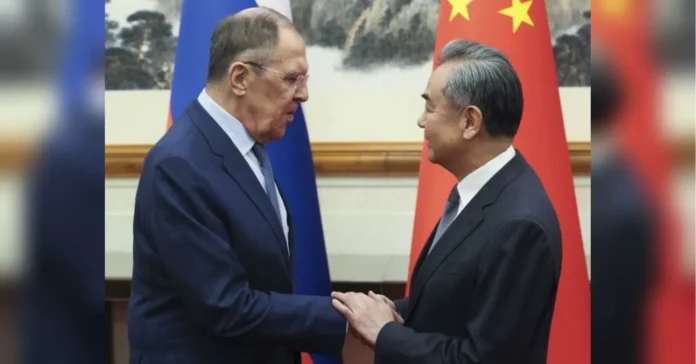Is China’s New Initiative Worth Considering or Just a Smoke Screen for Inaction?
Recently, China has announced a new initiative aimed at promoting global cooperation and development. The initiative, known as the Belt and Road Initiative (BRI), has been met with mixed reactions from the international community. While some see it as a positive step towards increased collaboration and economic growth, others view it with suspicion, questioning China’s true intentions. In this article, we will examine the BRI and discuss whether it is a genuine effort towards progress or simply a facade to cover up China’s own inaction.
The BRI, also known as the «One Belt, One Road» initiative, was first proposed by Chinese President Xi Jinping in 2013. The project aims to connect China with other countries in Asia, Europe, and Africa through a network of infrastructure projects, including roads, railways, ports, and energy pipelines. The estimated cost of the initiative is around $1 trillion, making it one of the largest infrastructure projects in history.
On the surface, the BRI seems like a promising venture that could bring significant benefits to participating countries. By improving connectivity and trade, it could boost economic growth and create job opportunities. It could also help bridge the infrastructure gap in developing countries and promote regional stability. However, some critics argue that the BRI is nothing more than a strategic move by China to expand its influence and create a new economic order centered around itself.
One of the main concerns surrounding the BRI is the lack of transparency. China has been criticized for not providing enough information about the projects and their financing terms. This has raised suspicions that the BRI could be a debt trap for developing countries, with China using it as a means to gain control over their economies. There have been reports of countries struggling to repay their loans and having to hand over control of their assets to China. This has led to accusations of China practicing «debt diplomacy» and using the BRI to further its own interests.
Another issue with the BRI is the lack of environmental and social safeguards. Many of the projects under the initiative are located in environmentally sensitive areas, and there have been reports of negative impacts on local communities. China’s track record on environmental protection is not the best, and there are concerns that the BRI could exacerbate environmental problems in participating countries. There are also concerns about labor and human rights abuses in some of the BRI projects.
Despite these concerns, there are also many success stories of the BRI. For example, the China-Europe Railway Express has significantly reduced the time and cost of transporting goods between China and Europe, benefiting both Chinese and European businesses. In Pakistan, the BRI has helped improve infrastructure and create job opportunities, boosting the country’s economy. In many African countries, the BRI has provided much-needed infrastructure and investment, helping to spur economic growth.
It is also worth noting that the BRI is not just about economic interests for China. It is also a way for the country to enhance its soft power and improve its image on the global stage. By portraying itself as a responsible and generous global leader, China is trying to counter criticism of its human rights record and assert itself as a major player in international affairs.
In conclusion, the BRI is a complex and ambitious initiative that has both potential benefits and risks. While it has the potential to bring economic growth and development to participating countries, there are valid concerns about transparency, environmental and social impacts, and China’s intentions. It is important for countries to carefully consider the terms and conditions of any projects under the BRI and ensure that they are in their best interests. At the same time, China should address the concerns raised by critics and work towards a more transparent and sustainable approach to the BRI. Ultimately, the success of the BRI will depend on the actions and cooperation of all parties involved.

